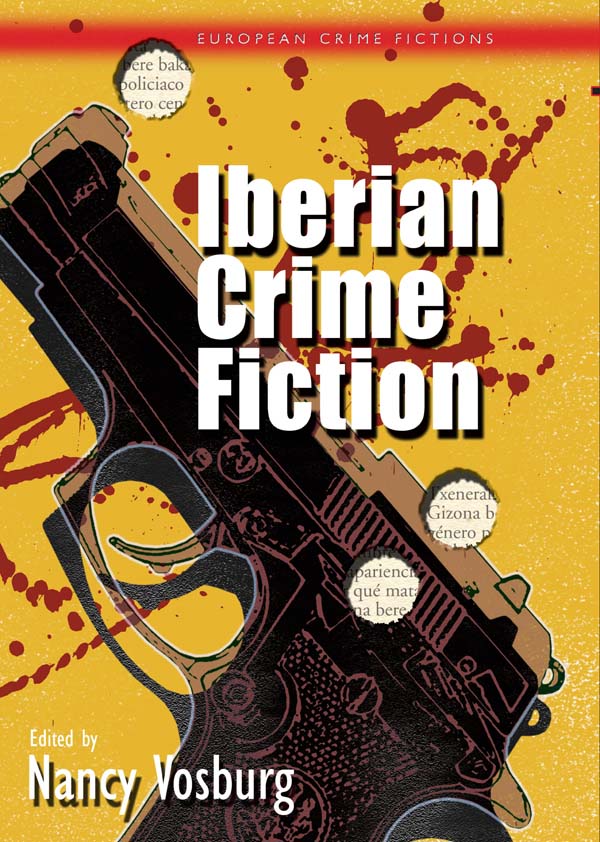Iberian Crime Fiction
Editor(s) Nancy Vosburg
Language: English
Genre(s): Modern Languages
Series: International Crime Fictions
- February 2011 · 192 pages ·216x138mm
- · Hardback - 9780708323328
- · eBook - pdf - 9780708323335
- · eBook - epub - 9781783164493
Iberian Crime Fiction is the first volume in English to provide an extensive overview of crime fiction in Spain and Portugal. While the origins of peninsular crime fiction are traced in Nancy Vosburg's introductory chapter to the volume, the essays focus on specific topics that provide readers with a sense of the development of the genre in the second half of the 20th-century and current trends in the 21st-century. Patty Hart, whose The Spanish Sleuth introduced English-speaking readers to early crime fiction in Spain, provides a summary account of the development of the crime novel from the 1950s through the 1980s, highlighting the major authors and works that set the stage for the boom that followed the establishment of the novela negra tradition in the 1970s. This tradition, spearheaded by Manuel Vazquez Montalban, is the subject of a separate essay by Maria Balibrea that analyzes the socio-political conditions that gave rise to the novela negra. NancyVosburg studies the emergence of a feminine/feminist crime novel in the 1980s and 1990s and the subversion of masculine codes associated with crime fiction, while Stewart King analyzes crime fiction from the Catalan, Basque, and Galician autonomous regions of Spain, focusing on the political realities that resulted in a different use of the genre as a vehicle of regional nationalism. David Knutson traces contemporary trends in Spanish crime fiction, beginning in the 1990s and up to the present. Paul Castro's essay documents the emergence of crime fiction in Portugal and the major works/authors through to the present.
The great strength of this excellent book is that it is not a straightforward tour through the canonical works of twentieth-century Gothic. It is much more interesting than that. Armitt takes the reader on a devious, elliptical, fascinating journey through a range of strange texts, some well-known and others unjustifiably less so, combining critical inventiveness and precision with a constant undertow of reference to major cultural and social preoccupations - child abuse, trauma, aftermaths of war, sexual uncertainty and transgression - which both illumine the texts and are in turn illumined, through a specifically distorted Gothic lens, by them. David Punter DLitt FEA FRSA FSA(Scot) FHEA, Professor of English University of Bristol UK
Chapter 1: Introduction: Iberian Peninsular Crime Fiction, Dr. Nancy Vosburg (Stetson University) Chapter 2: Spanish Crime Fiction, 1950s-1980s, Dr. Patricia Hart (Purdue University) Chapter 3: In Search of a New Realism: Manuel Vazquez Montalban and the Spanish Novela Negra, Dr. Mari Paz Balibrea (Birkbeck, University of London) Chapter 4: Crime Writing in Spain's Autonomous Regions, Dr. Stewart King (Monash Dr. Nancy Vosburg is Professor of Spanish and Chair of the Modern Languages & Literatures Department at Stetson University in DeLand, Florida, where she teaches Spanish culture and literature courses. Her scholarly research focuses on contemporary female Spanish writers, to include Esther Tusquets, Ana Maria Moix, and Cristina Fernandez Cubas. She has also written extensively on Spanish women writers in exile and women's prison writing, and for the past several years has been engaged with Spanish women crime writers and lesbian literature in Spain.
Author(s): Nancy Vosburg
Nancy Vosburg is Professor of Modern Languages and Literatures at Stetson University, Florida.

